A nutrient by definition is “a substance that provides nourishment essential for growth and the maintenance of life. If that definition tells you anything, you should gather that nutrients are pretty dang important to you.
When we hear the word “nutrients” most of us think of vitamins. However, vitamins are just one category of nutrients (micronutrients) and there are five other basic nutrients that are essential for you.
Before breaking down each category, it is important to understand the difference between essential and non-essential nutrients.
What is the difference between essential and non-essential?
Non-essential nutrients are those nutrients that can be made by the body. Some examples of non-essential nutrients include: biotin, vitamin K, cholesterol, dietary fiber, and certain amino acids and fatty acids.
Just because the body produces these nutrients doesn’t mean you shouldn’t absorb them through food or supplementation. While non-essential nutrients do have a significant effect on your health, you don’t need to worry too much about them because of how they are synthesized by the body.
Now that we know what non-essential nutrients are, we can take a look at what essential nutrients are and how we get them.
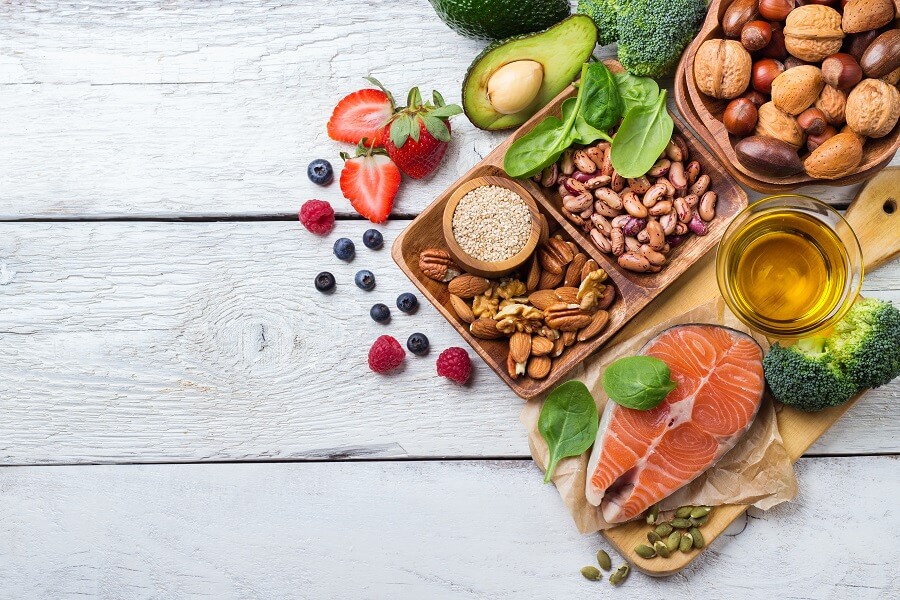
Where do essential nutrients come from?
Easy enough to understand essential nutrients are things nutrients our body does not produce. We either need to get these nutrients from food or supplementation.
Macronutrients make up three of the six essential nutrients and are the nutrients you use in the largest amounts. The food you eat is made up of the macronutrients that give you energy and give your body the ability to maintain structure, health and function.
Carbohydrates are considered essential and an important part of a healthy meal structure. Carbs provide your body with glucose, which is used for energy and incredibly important during physical activity. I like to think of carbohydrates as the gas that keeps your car (body) running. Without gas, it is going to be very difficult driving anywhere.
Proteins, as we have heard many times before, are the building blocks to muscle and to life. Every cell in your body contains protein (in the form of amino acids). Protein is essential and helps your body repair cells (important for physical activity, sports, recovering from injury, etc) and making new ones.
Fats are the last of the macro essential nutrients and give your body energy as well as support cell function. Fats protect your organs and keep your body warm. To put it into perspective, if you were ever wondering how polar bears can live in temperatures as low as -50 degrees Fahrenheit, they have close to 50% body fat to keep them nice and warm.
And no, I’m not saying you are a polar bear nor should you be shooting for 50% body fat.
Micronutrients make up two of the six essential nutrients and can be found in a variety of foods like fruits, vegetables, meats and dairy products.
Vitamins are considered essential and must be consumed in food or through supplementation. Vitamins all work together to perform HUNDREDS of different functions in the body. They strengthen bones, heal wounds and injuries, boost and hold your immune system strong.
They also play a big role in converting food (and supplementation) into energy. That means the food you eat, the protein you drink after your workout, even the pre workout you take, is being absorbed and used to the fullest.
Minerals work together with vitamins to provide support to your body’s cells and help you utilize the things you put in your body. There are two types of minerals – macrominerals (like calcium, phosphorus and magnesium) and trace minerals (like iron, manganese, copper and selenium). You need larger amounts of macrominerals versus trace minerals.
Water is in fact an essential nutrient despite what you might think. It is required in amounts that far exceed what your body is capable of producing. We know that the human body is made up of about 60% water and it fills the spaces between cells and helps form structures of things like protein and glycogen. Water is also key to boost energy as it delivers important nutrients to the cells, aids in weight loss, detoxifies and hydrates the skin.
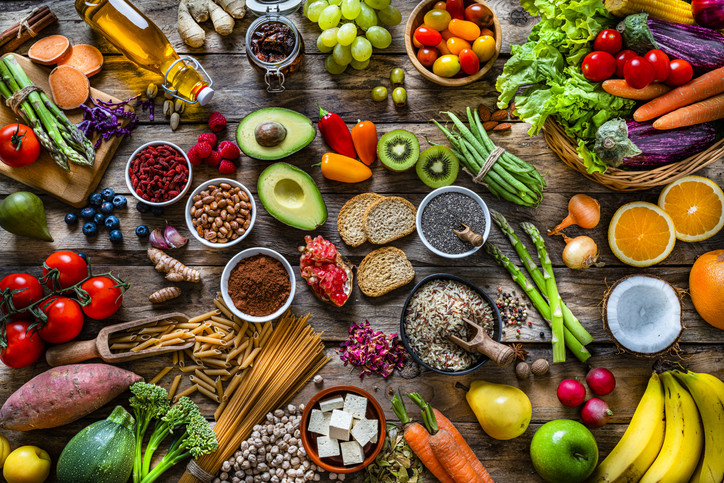
What happens when I lack essential nutrients?
We now have substantial research that shows a strong link between low intakes of nutrients and the risk of developing chronic disease, some cancers, heart disease, diabetes, osteoporosis and depression.
An article published by Havard in December 2017 concluded almost 20% of U.S. healthcare costs came from unhealthy diets (lack of essential nutrients). The research found the annual economic burden added up to about $50 billion nationwide.
Nutrient deficiencies have become more common especially in the United States. B vitamins play a role in producing brain chemicals and affect mood and other brain functions. The NIMH estimated that 21.0 million adults (18 and older) had at least one major depressive episode in 2020. This is up from 19.4 million adults in 2019.
Being in a good mood and having quality mental clarity in focus drives productivity, motivation and consistency in all areas of your life.
What can I eat to get essential nutrients?
When choosing a diet, you want to make sure it is made of nutrient-dense foods. These foods are low in sugar and minimally processed. They contain a lot of vitamins and minerals which provide tons of health benefits.
Lean meats (chicken, pork, beef, lamb, turkey), fish (tilapia, salmon, tuna), whole grains, dairy, legumes, nuts and seeds are all great food sources high in nutrients.
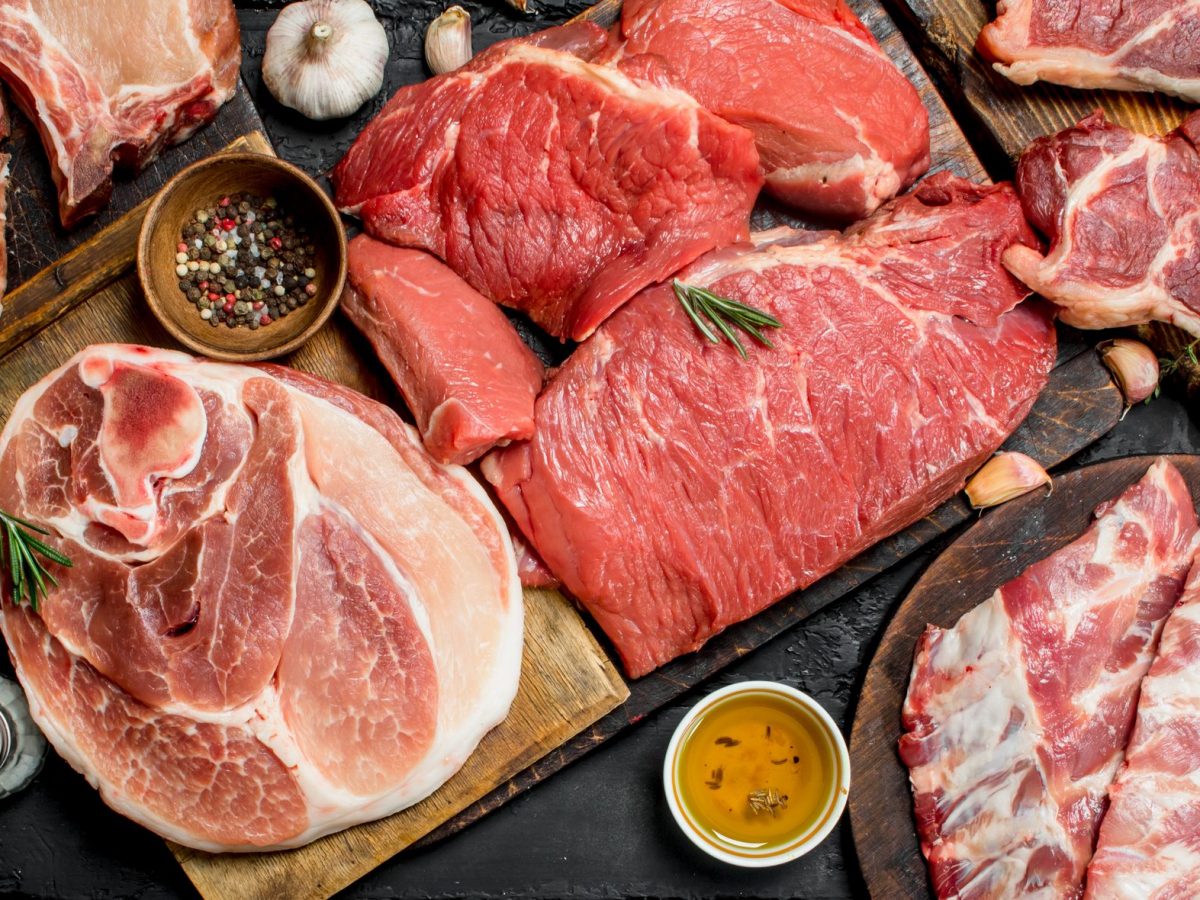
What supplements can I take to avoid nutrient deficiencies?
Multivitamin. When considering a multivitamin, it is always important to prioritize bioavailability (usage). An encapsulated multivitamin gives you the best absorption and is most effective.
Fish Oil (Omega-3 Fatty Acid). Quality fish oils are made from cold-water, wild caught, salmon or macrill. Your fish oil should contain high levels of DHA and EPA to help with inflammation, brain clarity, heart health and can also solve that fishy taste or burp you get after consumption with lesser quality fish oils.
Sustained Assimilation Protein Powder. Protein is the most under consumed macronutrient and is the most common to be supplemented. Incorporating a low-temperature processed sustained assimilation protein helps you hit your protein goal for the day and helps keep your body and muscles functioning properly.

How can I get help?
Don’t wait to take care of yourself especially when it comes to getting your essential nutrients. Preventative care is much better (and cheaper) than treatment. Keep yourself healthy and strong starting now. Thrive in the gym, at school, in business, in everything.
If you are struggling with energy levels, difficulty getting the proper micro or macro nutrients, or have questions on how to improve your health and performance, please reach out to any of our Peak Nutrition staff.
You can also stop into any of our three locations in Scottsdale, Tempe or Gilbert.
OUR GOAL IS TO GET YOU RESULTS!
If you found this blog helpful, make sure to follow us on Instagram @peakAZ for more tips and tricks, and come visit us at one of our store locations!
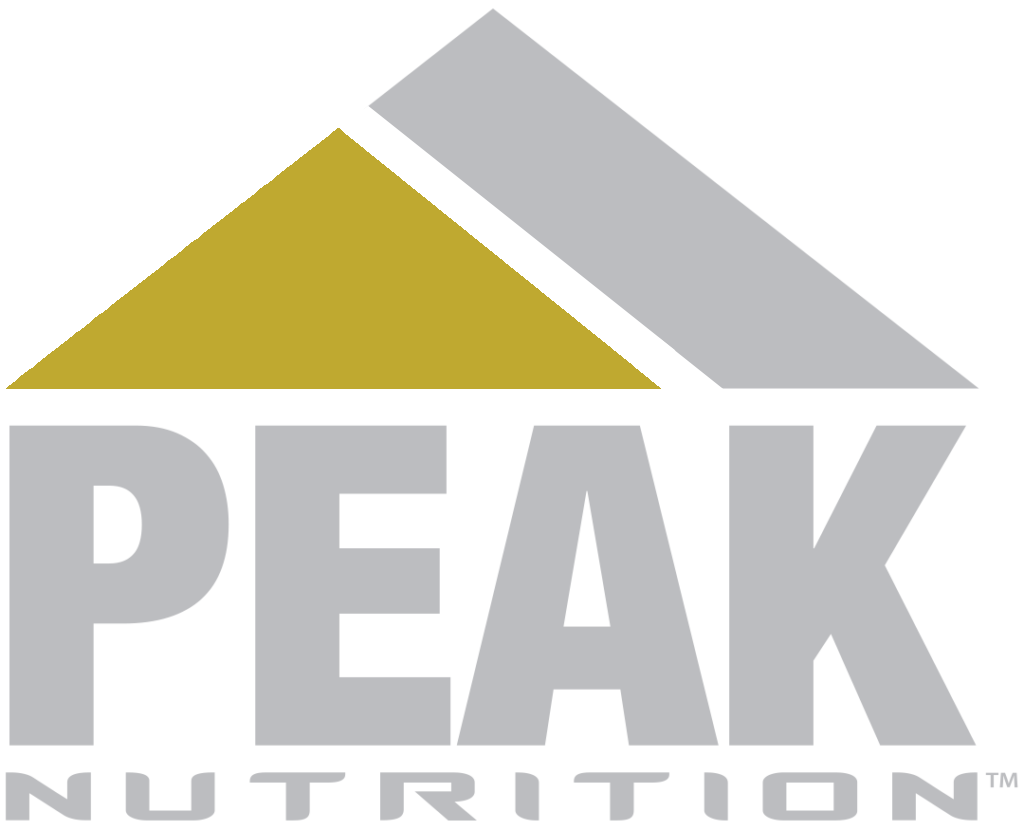
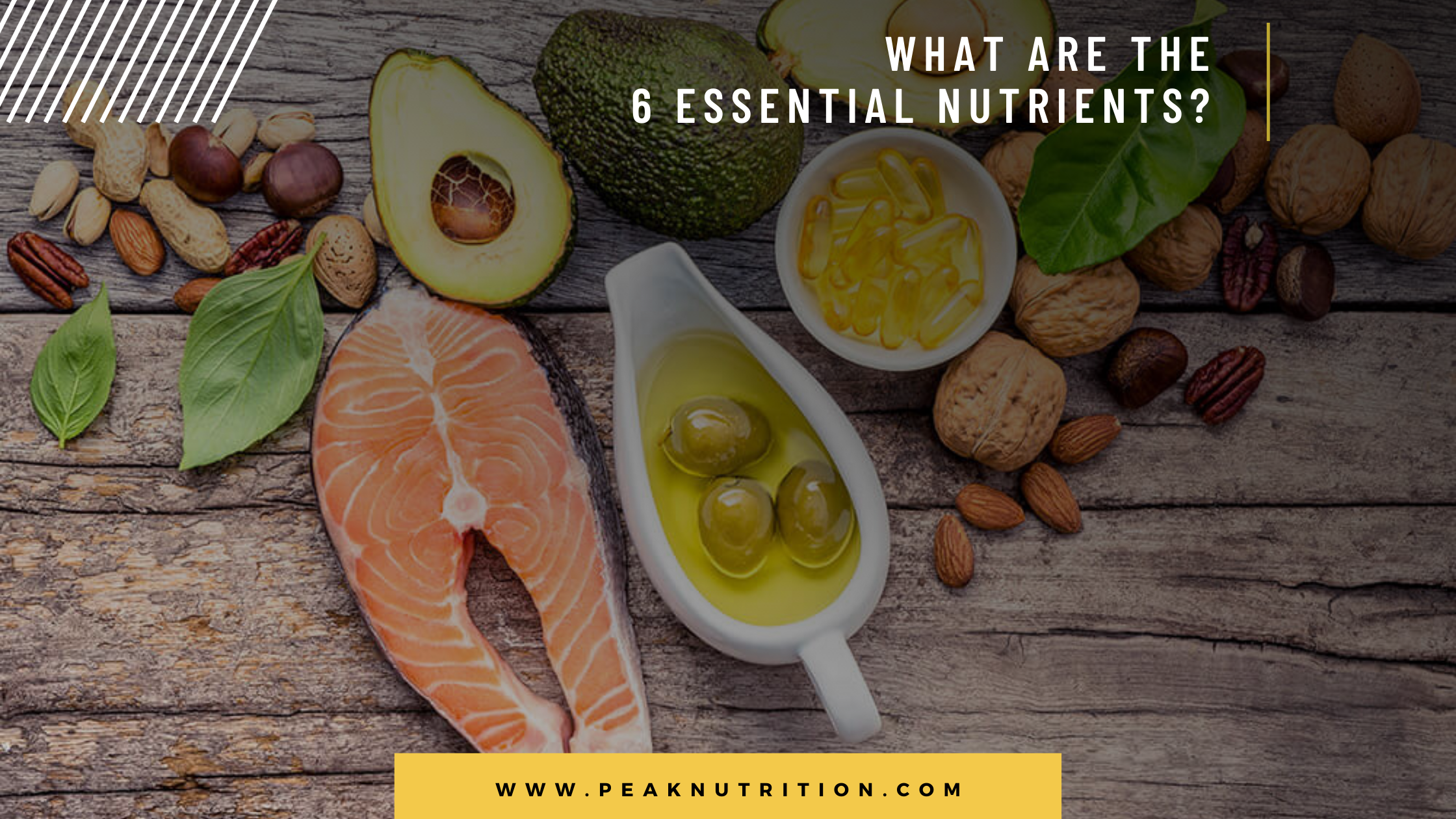


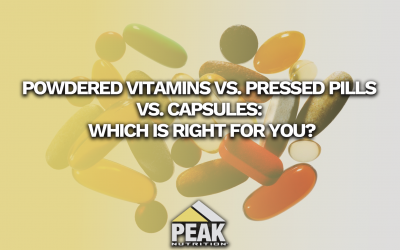

0 Comments